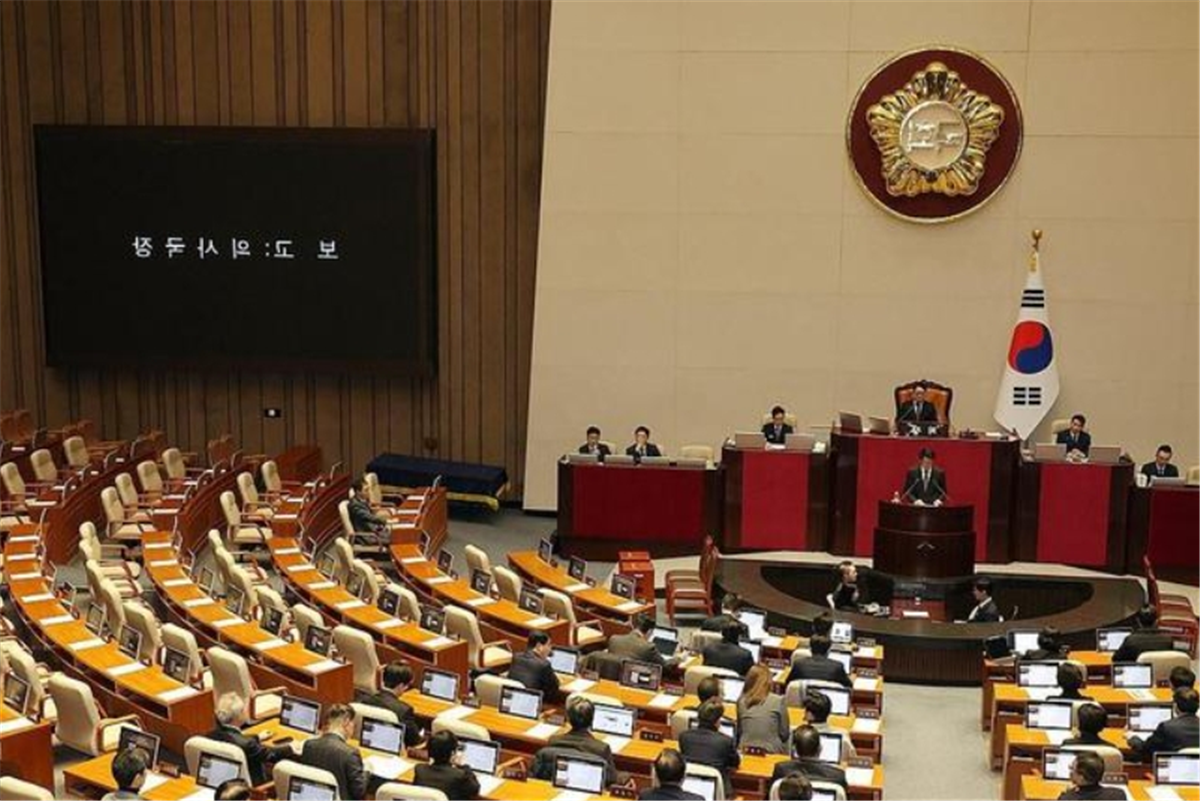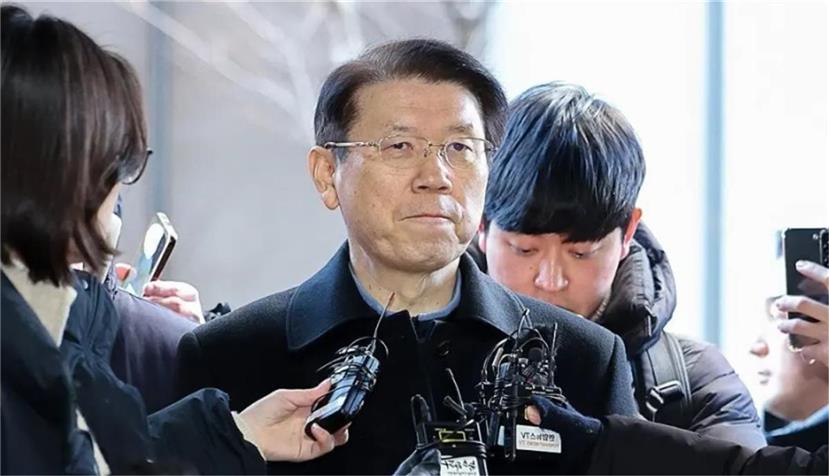South Korea's National Assembly failed to pass the "Special Act on Investigation of Internal Disturbance" and the "Special Act on Investigation of Jin Kyun Hee"

On January 8 local time, in the afternoon session of the National Assembly of Korea, a motion for the indictment of the suspended President Yoon Suk-yeol, named after an impeachment bill proposed in December 2023, was not accepted, nor was an investigation into Yoon's wife Kim Jian-hee. This came despite the fact that the two impeachment bills had already been passed by the National Assembly and had been vetoed by acting President Choi Sang-mu, which means that they need two-thirds of votes in the National Assembly to pass.
What's going on?
First, I would like to provide you with a timeline of the events. On December 12, 2023, the National Assembly of Korea voted to pass the "Coup d'etat Special Prosecutor Act" (Coup d'etat SP Act) and the "Kim Jian-hee Special Prosecutor Act" (Kim Jian-hee SP Act). Choi Sang-mu, who has served as acting president following the impeachment of Yoon Suk-yeol, vetoed the two acts on December 31 during a State Council meeting.
The two acts are general special prosecutor act. According to the Constitutional Court of South Korea, general SP act does not fall under the category of "acts that cannot be vetoed." Therefore, when a general SP act is passed, the President may exercise a veto power and return the act to the National Assembly for a second vote. When the general SP act is returned to the National Assembly, it requires the approval of more than half of the National Assembly members (a majority of those present). Then, in order for the SP Act to be passed, it must receive two-thirds or more of the votes of National Assembly members who were present at the meeting.
What is in the Coup d'etat SP Act?
On December 9, the Democratic Party, the largest opposition party in South Korea, submitted proposals for a "Special Prosecutor Act for the Investigation of President Yoon Suk-yeol's Coup d'etat" and a Kim Jian-hee SP Act to parliament.
On the Coup d'etat, Article 2 of the Special Prosecutor Act states that in order to clarify the truth about the coup d'etat committed by President Yoon's government in announcing the state of emergency and martial law, the Special Prosecutor is assigned to investigate all suspicions related to the entire process.
For the Coup d'état SP Act, the following matters are to be investigated: The first suspicion concerns Yoon's possible violation of the Constitution and laws when he declared martial law, as the country did not meet the conditions for martial law. The second suspicion is Yoon's attempt to render the National Assembly useless by exercising martial law. The third suspicion is the illegal arrest of the speaker of the National Assembly and other government officials.
 Famous Persons
Famous Persons English
English
 Hirry
Hirry Facebook
Facebook Twitter
Twitter Pinterest
Pinterest Linkin
Linkin Email
Email Copy Link
Copy Link










